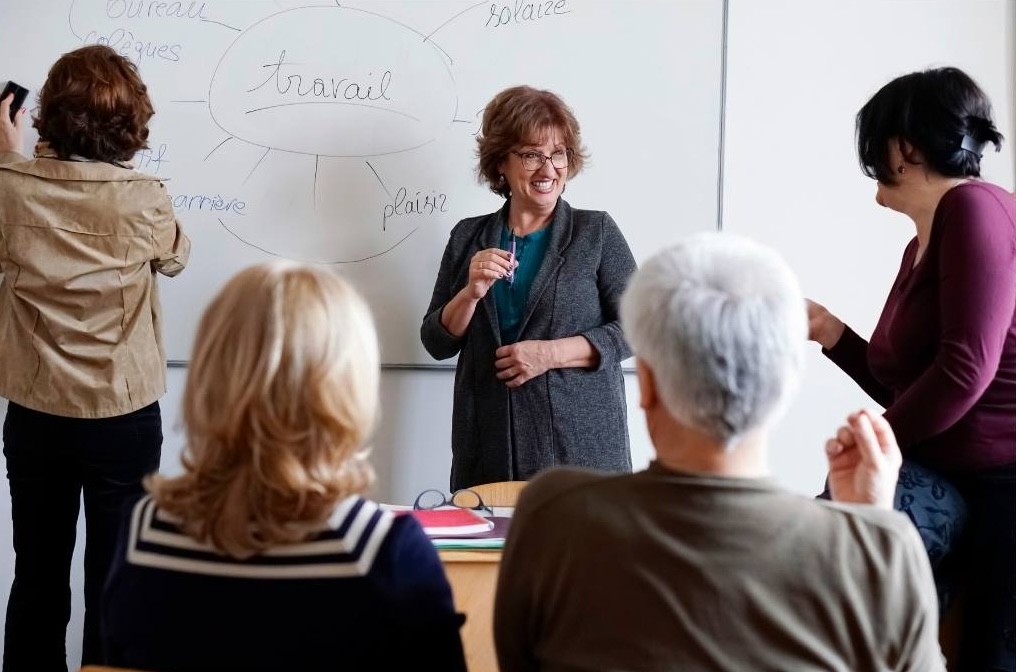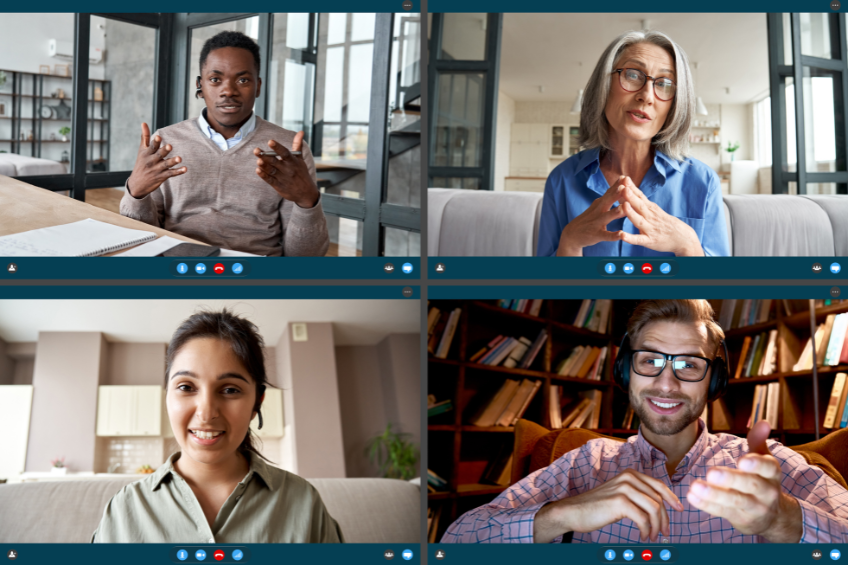
Redefining the Learning Experience
Learners engage more fully when they feel safe, seen, and supported. But emotional safety doesn’t happen by accident—it’s shaped by how we communicate, respond to group dynamics, and design the learning experience. In classrooms of all kinds, creating the right conditions for learning means going beyond content delivery. It means building connection, reducing fear, and supporting participation in ways that reflect how people actually learn.
In this workshop, we explore a brain-based approach to teaching that supports learners' emotional and physiological needs. Drawing from research in motivation, memory, and nervous system regulation, this session offers practical ways to align your teaching with how the brain learns best. You’ll learn to use tone, body language, group rhythm, and mindfulness techniques to reduce stress and support focus. You’ll also gain tools to manage group energy, navigate difficult moments with care, and strengthen your facilitation presence.
Whether you teach younger students or adults, this workshop will help you create an environment where learners feel safe enough to take risks, stay curious, and engage more deeply.

- Recognize the connection between emotional safety, motivation, and learning.
- Create inclusive spaces that support participation and engagement.
- Identify and reduce barriers that affect learner confidence and contribution.
- Use communication techniques that build trust and connection.
- Integrate mindful techniques to improve focus, participation, and retention.
- Manage group interactions and approach challenging moments with empathy and skill.
- Connect course content to learners’ real-world experiences to build relevance.
- Design interactive sessions that invite collaboration, curiosity, and deeper learning.
- Reflect and adapt your facilitation approach to support a more inclusive learning culture.

This workshop is for educators and facilitators who believe that meaningful learning starts with connection, trust, and care for the whole person.
You should attend if you
- Teach in classroom or group settings, including K–12, post-secondary, or adult education
- Are seeking trauma- and neurodiversity-informed practices that improve learner experience
- Want to build stronger relationships and increase learner confidence
- Are navigating group dynamics that affect safety, engagement, or focus
- Are exploring ways to integrate mindfulness, movement, or emotional regulation into your sessions
- Care about building a learning culture that supports participation and belonging
Attending this session will give you strategies to strengthen engagement, reduce barriers, and design learning experiences where people feel safe, respected, and ready to learn.

This interactive session invites you to pause and reflect on how learning environments affect engagement, confidence, and outcomes. Using group discussion, reflective practice, and hands-on activities, you'll explore the conditions that support trust, safety, and deeper learning. You’ll work through real examples and experiment with communication techniques, mindful practices, and brain-based strategies that help learners feel supported and ready to engage.
You’ll receive a detailed workbook filled with templates, prompts, and reference tools to support your use of analytical techniques after the session.
Workshop activities include
- Reflecting on learning experiences that supported or hindered engagement
- Mapping learning environments to identify barriers and opportunities
- Practising techniques that foster psychological safety and inclusion
- Exploring mindful strategies to build focus and reduce stress
- Applying communication tools that encourage connection and participation
- Engaging in group discussion and facilitated planning exercises
- Creating a personal action plan for designing more inclusive learning spaces





